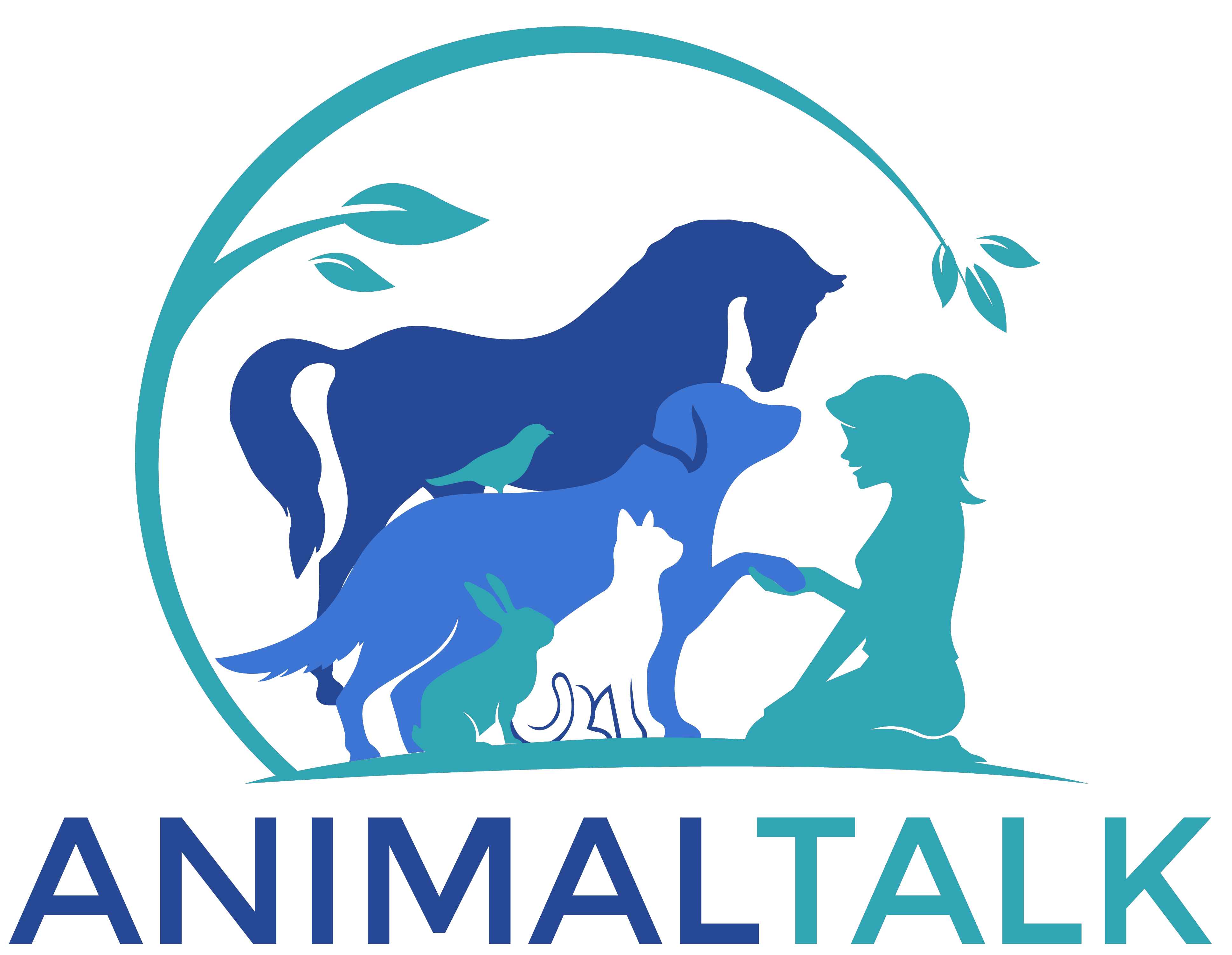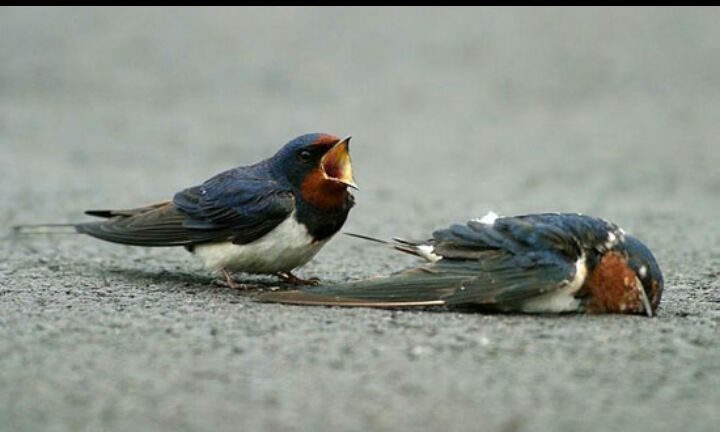
[vc_row][vc_column][vc_column_text]Whether you keep dogs, cats, horses, goats or friendships with wild animals around your homes, animals are sentient beings that think and feel just like us. They feel happy, joy, confused, sad and all the different emotions we experience too, including grief. There have been many studies researching whether animals can feel grief and can they mourn for other animals as well as for humans. Through my extensive years communicating with animals in their silent language, I can tell you that this is absolutely true. How do they grieve for each other? How does your animal cope when their best friend passes away too? Let’s explore how animals can grieve and what we can do to help the grieving process:
Saying Good Bye
In the wild, animals are known to mourn over their loved ones bodies for long periods of time. Elephants are well known for acknowledging all their deceased loved ones. The herd will stand in ritual around a loved one, and its even been documented that elephants from other herds will come forward and honour their member too. This can be done for several days, until it is time to move on. There are several bird species such as eagles, albatross and swans that pair up for life. Not only is it traumatic for these birds when they lose a partner, but it also affects their very survival as they work in pairs for food and shelter.
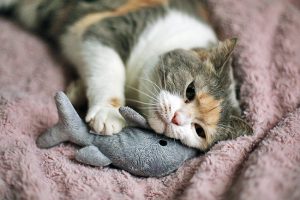
We have mentioned the wild species, but what about our domestic companions? As they are living in a compromised world, how do we help them say good bye? If we know our beloved companions are leaving us through euthanasia or passing away naturally at home, we can allow our other animals to inspect the body of their deceased friend to react accordingly. For those animals that do not get to say good bye but see their animal friend go away and not come back, we need to help them understand what has happened. They do not know if their friend has passed, been given away or lost. Through animal communication we can help our animal companions gain closure and help with the grieving process. Explaining what has occurred and talking through their feelings is a great advantage. We also get to explain why their people are acting strange as they go through their own grieving process.
Mourning for Their Loved Ones
Animals do understand the concept of death and afterlife, but it is the lack of physicality that they will miss just as we do. You may find your animal friend wandering around the house looking for them. They may constantly check their friend’s favourite sleeping spots. They may not even feel like eating or going out for walks and their usual activities! You may find they will want to be with you more, to get reassurance and comfort. They know you are grieving too, and can offer comfort to you too.
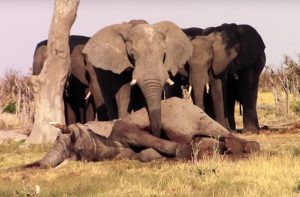 Wild animals cope differently as they live a natural life and with a bigger picture perspective. They are living in the wild with the daily belief that survival is in the now and life and death go hand in hand. Depending on the species they may try to carry the carcass with them as they try to move through their grief. When they are ready, they let go and move on. There is a different acceptance of death in the wild than for domestic species of animals. There is an understanding that your animal companion is not only your best friend, but also your roommate in human captivity. Most times even how they came together was arranged by someone else. However their friendship definitely was their choice and now feel such a great sense of loss.
Wild animals cope differently as they live a natural life and with a bigger picture perspective. They are living in the wild with the daily belief that survival is in the now and life and death go hand in hand. Depending on the species they may try to carry the carcass with them as they try to move through their grief. When they are ready, they let go and move on. There is a different acceptance of death in the wild than for domestic species of animals. There is an understanding that your animal companion is not only your best friend, but also your roommate in human captivity. Most times even how they came together was arranged by someone else. However their friendship definitely was their choice and now feel such a great sense of loss.
Helping Your Animal Cope with Their Loss:
Talking with them – Just like we need counselling so does our animals. Talking gently with your animals does help, telling them it’s going to be ok, that you miss them too. Consulting with an animal communicator is highly beneficial for this stage. We always have someone whom we can talk to, who does our animal go to? Through the consultation we can find out how your animal is coping and what we can do to help them get through it.
Providing Routine – whilst your world has been turned upside down from the loss of your animal, the same has happened for your remaining animals. Try to maintain a routine to help your animals keep a stable environment. Taking them out for walks if they feel like it, or playing with toys together or even just sitting together cuddling like you typically would will help to bring normalcy back for your animals. Just remember, if your animals don’t feel like doing much or are less enthusiastic for their usual activities, don’t force them. Just like us, the grieving process is unique for each animal, and there may be days where they don’t feel like doing anything.
Appetite – your animals may not have the same healthy appetite as they used to. This can be expected, so trying to feed them at their usual mealtimes whether they are hungry or not. If your animal hasn’t eaten in a few days, it is best to consult your vet regarding the issue.
Revising social structure – In households with two or more animals or even in herds on the land, such as with horses, there would have been an established hierarchy to maintain harmony between all animals. When an animal passes away that can disrupt this structure, and it is up to the remaining animals to re-establish their positions again. In horse herds, the matriarch and patriarch horses would often be teaching the next leaders in their herd for months before they depart. In a human household where different species may be living together, it is best to keep alert to any altercations so to prevent harm. However, where you can use minimal interference in their methods of re-establishing their hierarchy.
Introducing a new animal to the family – Sometimes we become so grief-stricken over the loss of our animals that we feel we need another to fill the void. Whilst it is understandable to miss your loved one, it may not be ideal for your existing animals. For example, if your human best friend passes away, we do not try to replace your best friend with a stranger. Your animals are missing their friend and they wish to have time to grieve and not necessarily want to be dealing with a new animal that may or may not work out for you both. This is especially true of elderly animals that lose a friend after their whole lifetime together. The only one who can decide if the animal is ready for a new friend is your animal. So make sure they are given the opportunity to express that decision. (via animal communication)
Losing an animal can be just as devastating as losing a child, if not more. The love, devotion and presence that your animal gave you can never be replaced. So many animals have said to me in the afterlife –I wish my person would remember the good times not just those final months, days, hours or minutes. That is not the summing up of my life but the laughter and joy I share with the person/s I loved the most.
If you have lost the sole animal you have had, still leave a little time to grieve before getting another animal. It will also stop the need to perhaps have the animal live in the shadow of your previous animal. Given time you will be in a better space to see the new animal for who they are and what you can enjoy and learn from each other. Remember they are a new energy and a new personality and something to get very excited about.
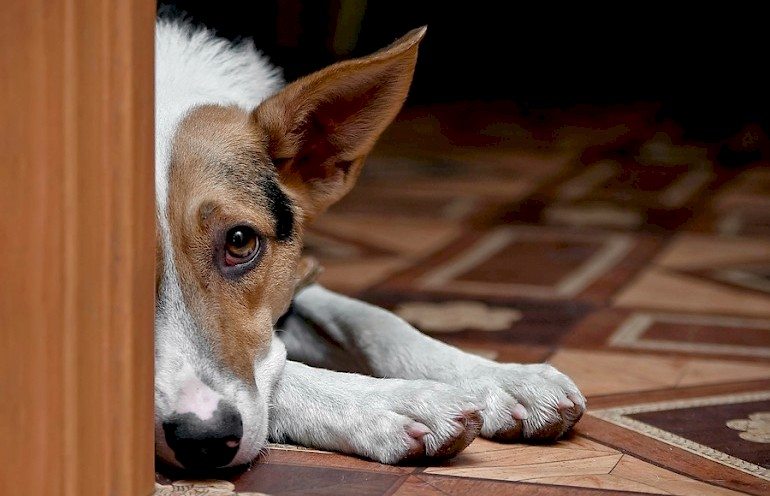 [/vc_column_text][/vc_column][/vc_row]
[/vc_column_text][/vc_column][/vc_row]
